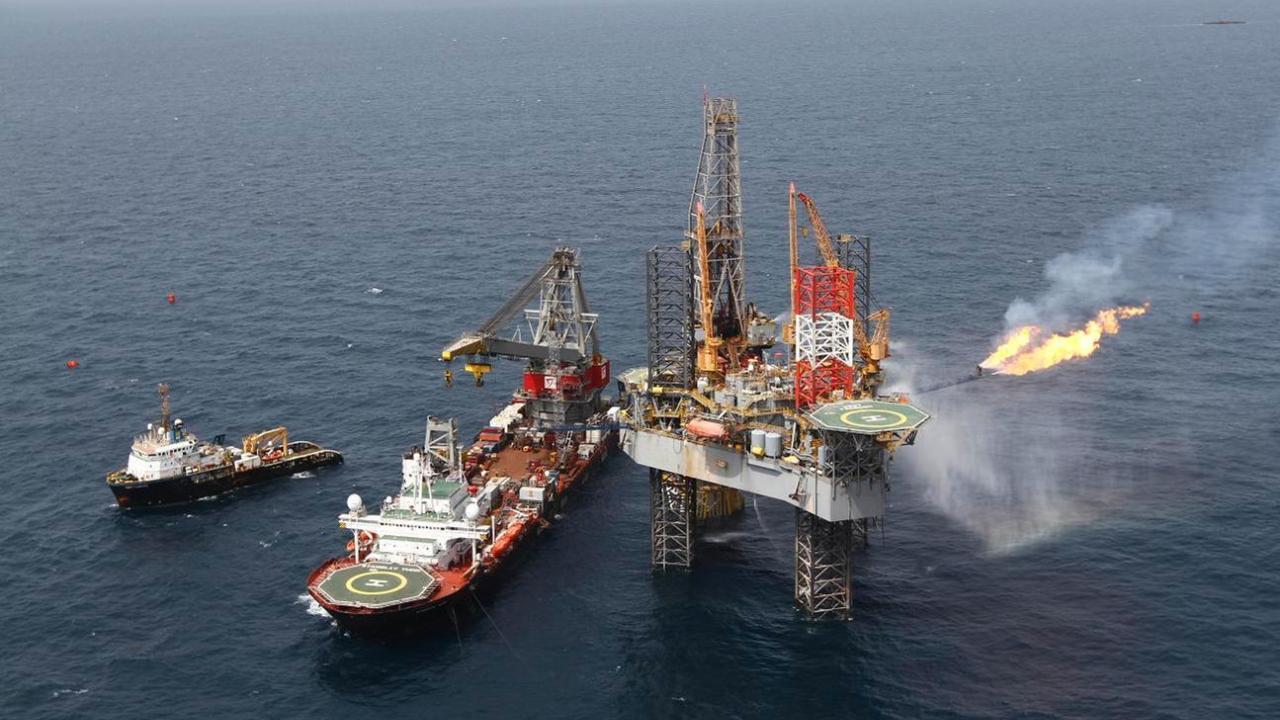
The Superior Court of Santa Marta overturned the ruling on this well, which is the option for Colombia to become self-sufficient in natural gas again.
This Wednesday, key news for the future of gas in Colombia was released: the Superior Court of Santa Marta lifted the suspension of exploration and exploitation activities in Sirius (formerly Uchuva-2).
In September, the Fourth Labor Court of the Santa Marta Circuit, through a writ of protection, ordered the suspension of activities on the project, considering that a fundamental right had been violated by the failure to consult the indigenous community of Taganga beforehand. The decision was challenged by government entities, Ecopetrol, Petrobras and by unions.
In the second instance, the Superior Court of Santa Marta, third chamber, modified some aspects of that ruling and revoked others. In practice, the decision means that exploration and exploitation activities in the Sirius well can continue.
In any case, the Ministry of the Interior was ordered to carry out prior consultation with the Taganga community, considering that this is a fundamental right.
The discovery in Sirius (previously known as Uchuva-2) has a potential of close to 6 cubic terafeet. Why is this such an important figure? As of December 2023, according to the National Hydrocarbons Agency (ANH), the proven gas reserves in the country were 2.3 cubic terafeet, but with Sirius these reserves would triple. Some estimate that the country's self-sufficiency horizon would go from six years (the current one) to about 20 years.
Even with this decision, the sector has pointed out that the support of the authorities will be vital in the 116 prior consultations that are required and in the process to obtain the environmental license for the construction of the submarine gas pipeline that will connect the project with the land transport system.










